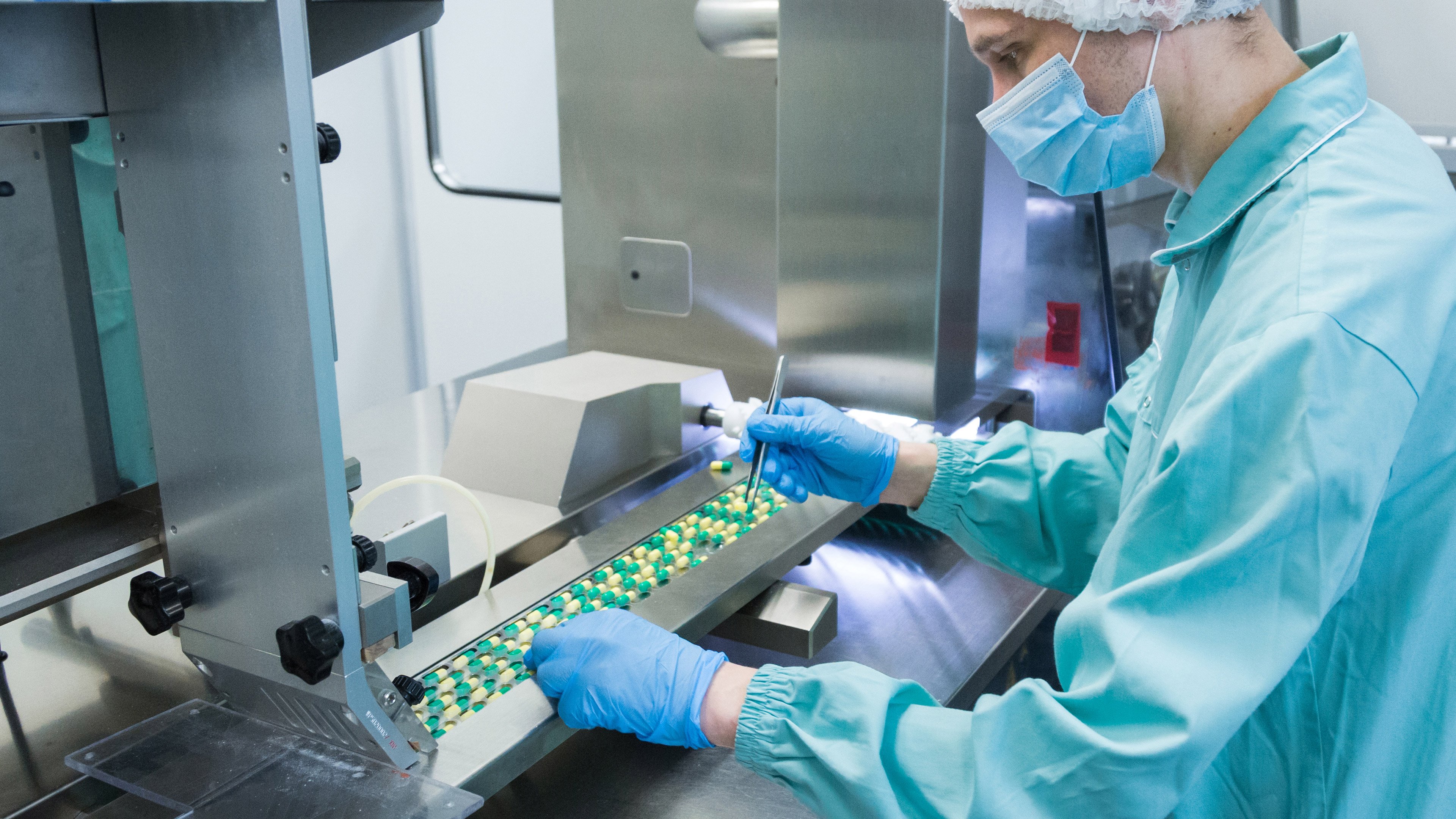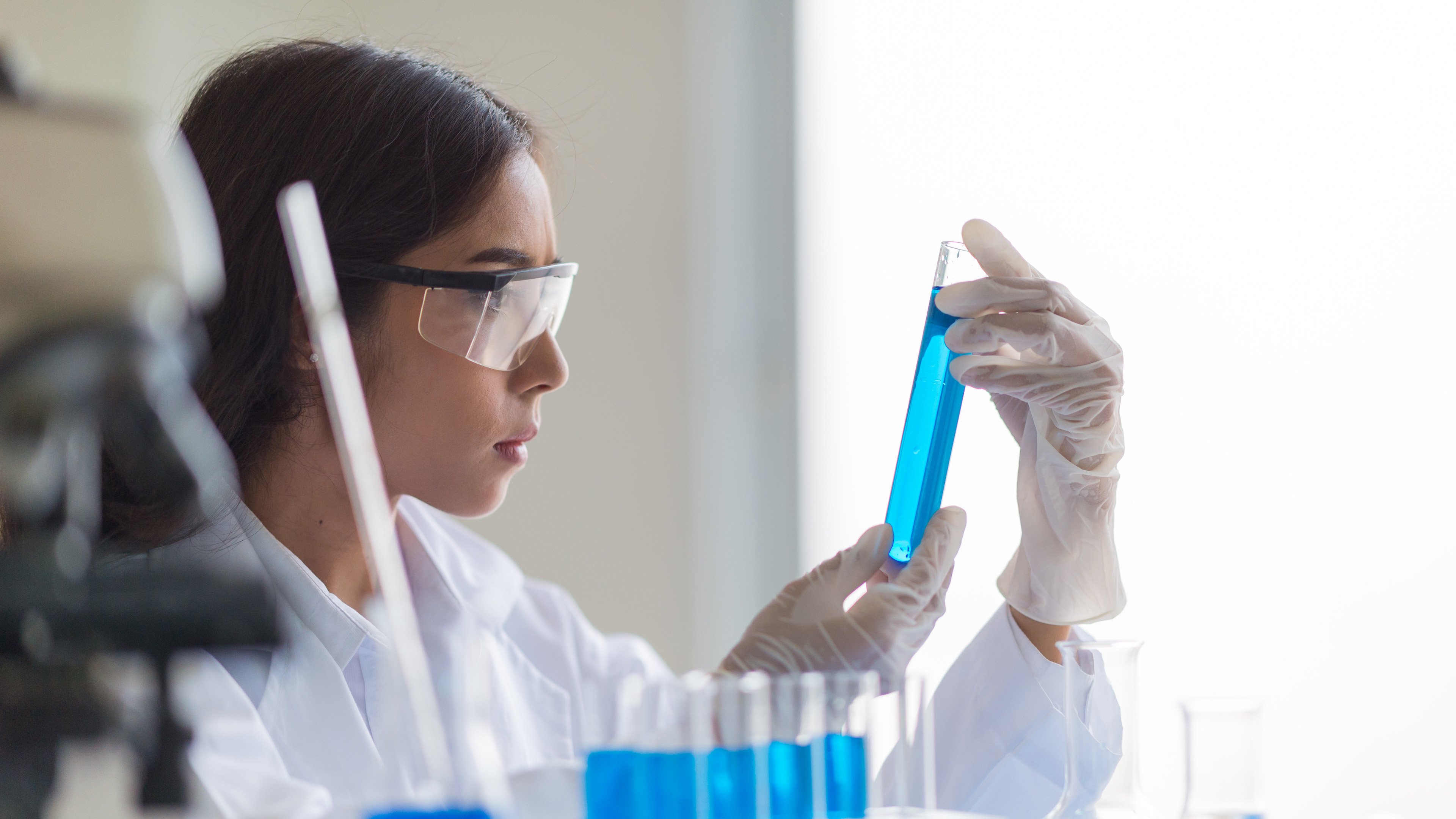Given the enormous amounts of time and money that go into developing new pharmaceutical and medical products, together with the short patent life of a product – reducing time from inception to market is critical to capture market share longer. Pressure is now building for the life sciences industry to accelerate innovation and time to market while adapting quickly to changing market demands and increasing regulatory requirements.
Cytiva brings digital manufacturing to life
Cytiva customers undertake life-saving activities ranging from fundamental biological research to developing innovative vaccines, biologic drugs, and novel cell and gene therapies.
Cytiva helps make this possible by supplying the tools and services they need to work better, faster and safer, leading to better patient outcomes. More than 7,000 associates across 40 sites support the company’s vision of improving access to life-changing therapies that transform human health.
As part of its digital transformation and Industry 4.0 initiative, Cytiva needed to create a connected digital enterprise to help improve internal operations and decrease time-to-market for end customers.
“Now more than ever as an industry, we must get smaller, faster and more cost-effective in the way we manufacture drugs, vaccines and therapeutics,” said Kevin Seaver, executive general manager, automation and digital at Cytiva. “By automating processes and analyzing data, we can rethink every step of drug manufacturing and realize economies of scale with flexibility, efficiency and confidence.”
Streamlining the deployment of systems, reducing islands of automation, and decreasing the time spent on gathering and cleaning data all can help biomanufacturing players accelerate their time to market.
“Our aim is to help companies go from seven years down to three or four by doing much of the engineering and automation work upfront,” Seaver said.
Differentiating through automation
The Cytiva Figurate automation platform includes control and communication capabilities that turn data insights into productive outcomes for both upstream and downstream process efficiency gains. To develop and put its Figurate platform in place, Cytiva adopted the Rockwell Automation PlantPAx system and used its own Unicorn software to automate its bioprocess equipment. Data is made available through MES applications and can be integrated to include electronic batch records, scheduling and more.
The platform is designed to dramatically streamline deployment of systems for end customers. There are options for Rockwell Automation systems and others, depending on the end-user’s specific needs. Standardized digital libraries – such as product code that's been tested, documented and validated – also can create more efficient process development all the way through manufacturing and automation.
For example, a customer using the PlantPAx system can operate it as a single standalone system but also operate it together with other systems. Through integration the customer can transfer not only the biopharma material but the data along with it.
Figurate can bring process data to the cloud where it can be combined with additional operational data. Using advanced analytics, these valuable insights can be used to improve operations and can then be fed back down to the system to optimize processes.
The benefits include 10-20 percent increases in production throughput, availability and production employee efficiency, as well as 5-30 percent decreases in energy use, scrap material, batch release time, maintenance, and downtime investigations.



